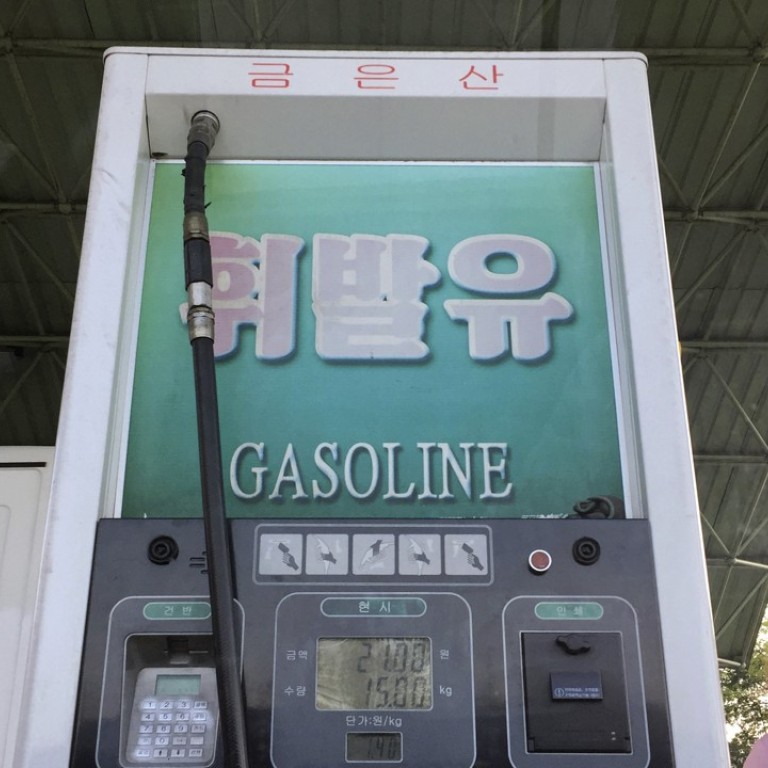
North Korea admits being hit by months-long surge in petrol prices as sanctions bite
North Korea, which carried out an unprecedented test-firing of an intercontinental ballistic missile last week, has been subject to multiple international sanctions
North Korean officials on Monday for the first time admitted a months-long surge in petrol prices in the capital city in the wake of international sanctions.
The prices shot up to one and a half times higher than before starting around April and they remained high, the director of the country’s major think tank said in an interview with Kyodo in Pyongyang.
But Kim Chol, who heads the Economic Institute of the Academy of Social Sciences, said: “The situation is not that the prices are rising continuously or in a state of confusion.”
He said as part of measures to deal with the energy hike, North Korea has encouraged its people to use public transportation and bicycles.
Kim Jong-guk, an official from the institute in charge of external affairs, who also attended the interview, said: “(Oil) imports have largely been restricted” as North Korea finds it difficult to transfer money to China or other countries due to financial sanctions, in addition to a decline in the supply.
Reliable data on North Korea are hard to obtain, but the average retail price of petrol last year is believed have been around US$1 per litre.
North Korea, which carried out an unprecedented test-firing of an intercontinental ballistic missile last week, has been subject to multiple international sanctions. It is banned by the United Nations from testing any nuclear or ballistic missile technology.

